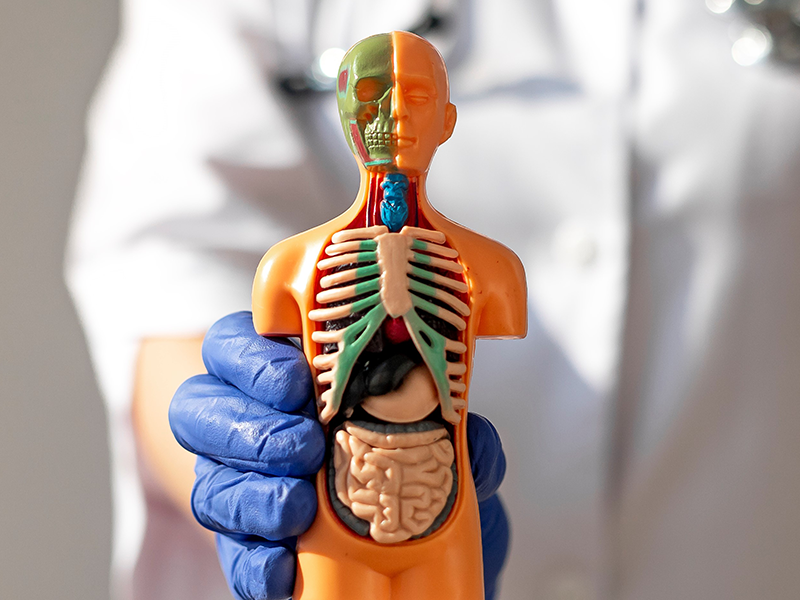Continuing education in the USA and a rapidly growing pool of interested parties made training in associated practices essential: thus was born the idea of a European academy to train other therapists: the Academy of Functional Medicine (AFM), a “branch” of The Institute of Functional Medicine (IFM) in America aims to establish functional medicine in Europe and to train a network of therapists trained in functional medicine. (Further training seminars will be held in Frankfurt in May and October 2011).
How does functional medicine “work”?
According to the latest knowledge and with the help of the most modern methods, functional medicine is able to meet the needs of today’s diseases. Therapists learn to identify the fundamental imbalance in dealing with patients through careful psychological, physiological and analytical examinations in appropriate laboratories. The therapist checks for a variety of factors such as:
Environmental influences: the air we breathe, the water we drink, the special foods we eat, physical exercise, external demands or trauma: they all have an impact on health.
Body and soul: Psychological, spiritual and social factors can have an enormous influence on the state of health.
Genes: although individual genes protect some people against certain diseases, DNA is no guarantee of health. Recent research has shown that many genes can be influenced by external influences. This means that it is possible to change genes through external influences.
By assessing the causes of dysfunction, the therapist understands how key events occur. These are the body’s life-sustaining processes. These processes are related to complex biological functions:
How does our body get rid of toxins?
How are hormones and neurotransmitters regulated?
How does the immune system work?
How does the body react to inflammation?
Intestinal health and nutrient absorption.
structural integrity
psychological balance
energy production
All these processes are influenced by both the environment and the genetic structure itself. However, as soon as an imbalance arises or a disorder occurs, symptoms of disease appear, including chronic diseases and neurological degeneration. This is why it is so important to observe the body as a whole and to record all body processes through intensive analysis. For long-term therapeutic success through functional medicine.
